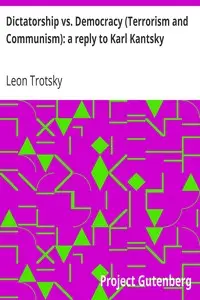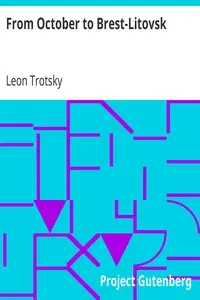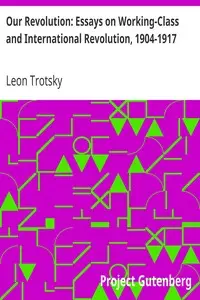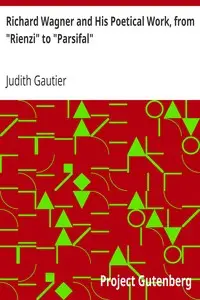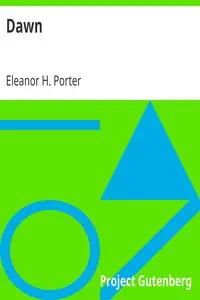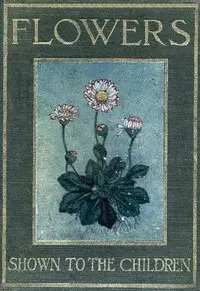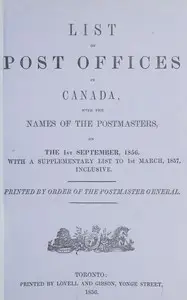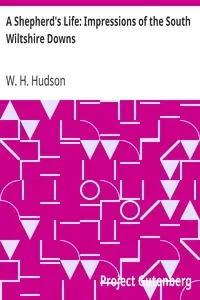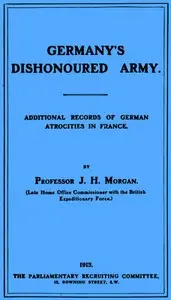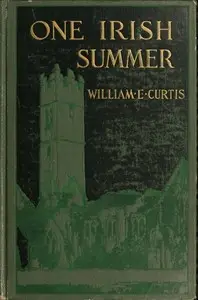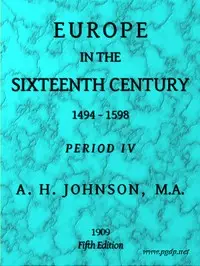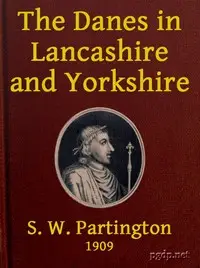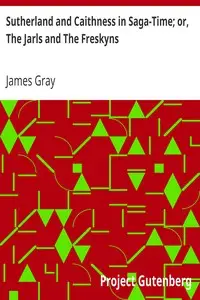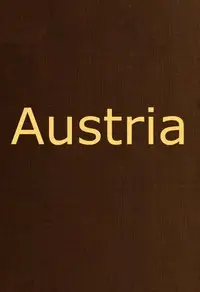"The Bolsheviki and World Peace" by Leon Trotsky is a historical account written in the early 20th century. This work presents an analysis of the political and social conditions during World War I, particularly from the perspective of the Bolshevik faction in Russia. The book delves into the implications of the war and how it intersects with the revolutionary movements, social democracy, and the quest for peace as understood by the author and his contemporaries. At the start of the book, Trotsky discusses the complexities surrounding the Balkan question and the role of conflicts in shaping nationalist aspirations. He critiques the political maneuvers of both the ruling classes and socialist factions, emphasizing how the war has revitalized imperial ambitions while simultaneously providing a platform for the working class to pursue liberation. He highlights the contradiction in supporting particular nationalist movements while undermining a collective revolutionary stance, illustrating the challenges faced by socialists in reconciling internationalism with national sentiments amidst the chaos of war. Overall, the opening portion sets the stage for an in-depth exploration of Trotsky's vision for a world revolution and the need for a truly democratic peace. (This is an automatically generated summary.)
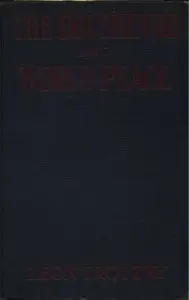
The Bolsheviki and World Peace
By Leon Trotsky
"The Bolsheviki and World Peace" by Leon Trotsky is a historical account written in the early 20th century. This work presents an analysis of the poli...
Genres
Released
2012-07-18
Formats
epub (images)
mobi (images)
epub3 (images)
epub
mobi
Free Download
Overview
About the Author
Lev Davidovich Bronstein, better known as Leon Trotsky, was a Russian revolutionary, politician, and political theorist. He was a central figure in the 1905 Revolution, October Revolution, Russian Civil War, and establishment of the Soviet Union. Trotsky and Vladimir Lenin were widely considered the two most prominent Soviet figures, and Trotsky was "de facto" second-in-command during the early years of the Russian Soviet Republic. Ideologically a Marxist and Leninist, his thought and writings inspired a school of Marxism known as Trotskyism.
Total Reviews
10.0k
Total reviews from Goodreads may change

